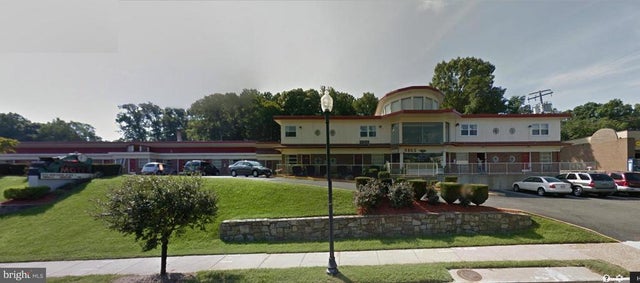Commercial Properties for Sale in the Washington metro
There was a time when commercial property in Washington DC was very narrowly defined. A store was just a store, a factory warehouse was only that. Those days are gone. Sit in on a commercial planning meeting with city officials, architects and developers, and you'll hear terms like holistic, synergy and cross-purposing. The nation's capital has gone through some rough patches since the 1960s and 70s, and it's not going back. The district is well into a longterm growth phase and at its core is a belief that commercial success is not the result of any one business sector, but the act of combining revenue streams that promote each other.
Commercial Listings for Sale in DC, MD and VA
Not all buyers want to hear about synergistic models. Sometimes you just want to buy a warehouse for storage, or find an empty storefront and open a little neighborhood coffee shop. It’s worth noting however that Washington DC and its commercial properties have been around for a few hundred years now and the district’s boundaries are not moving. The real estate market is rebounding and inventory is shrinking. This wasn’t the case just twenty years ago when so many neighborhoods were experiencing urban blight and it may not have even been the case five years ago. Times are changing though, gentrification has taken hold, competition for business is up and the latest commercial trends are in multifamily, retail, office space and amenities.
Washington DC is still a compilation of neighborhoods and their unique economies. Commercial properties are often dependent on the varying footprints. Residential neighborhoods like Crestwood or Foxhall Village have little use for commercial ventures while urban areas like the U-Street Corridor and Penn Quarter are all about melding work, living and entertainment. Lenders may not seem especially eager to invest in some of the more economically challenged neighborhoods in Wards 7 and 8 but there are also incentives and support that can be garnered through business improvement initiatives and local leaders who are looking to grow their community.
At the end of the day, the market for commercial properties in Washington DC is stable and healthy, even with a tighter inventory. Sometimes it simply means looking a little harder or casting a wider net. Sometimes it means being imaginative. When it became evident that there weren’t as many former factory buildings in DC as in other cities, developers began turning vacant schools into trendy condos. Ultimately, a commercial property is what you wish to make of it. But if you finally manage to purchase that long vacant storefront and turn it into a corner coffee shop, don’t forget about the dusty storage rooms on the second floor – they might make great lofts.

























